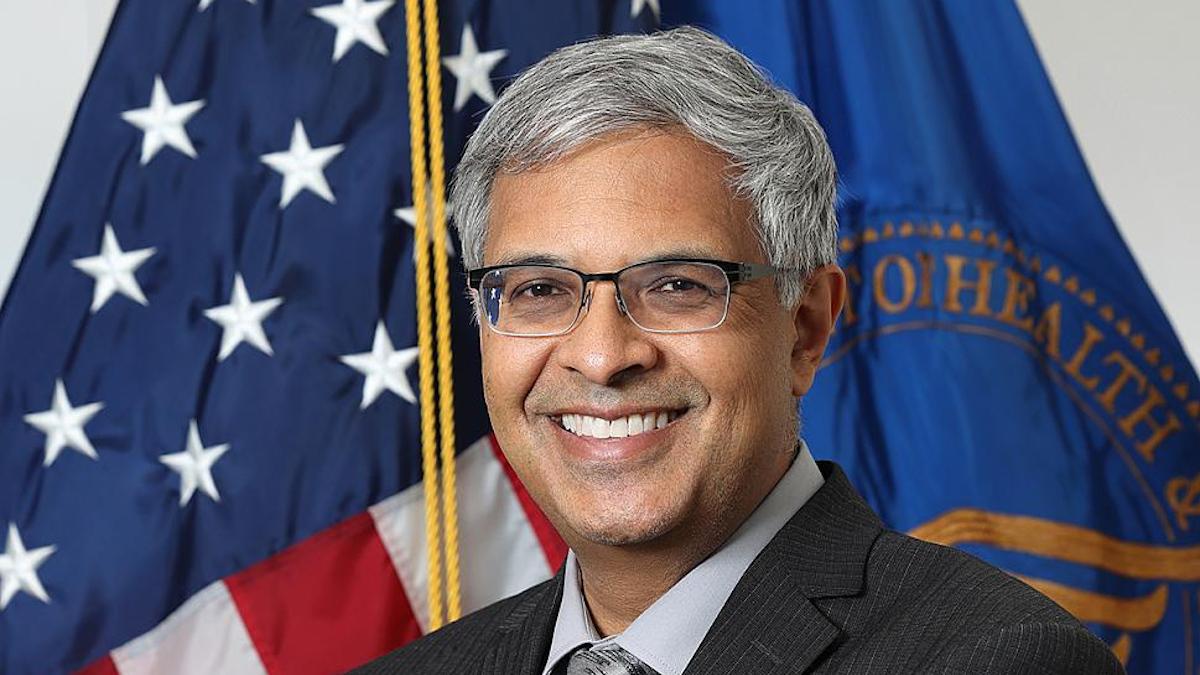NIH is pulling the plug on foreign research grants

NIH Director Jay Bhattacharya
A new policy from the NIH in the US will cut billions of dollars of funding for research organisations and hospitals outside the US, in another signal of America's retreat from the world stage.
The NIH – which is the world's biggest funder of biomedical research – issued a new policy document yesterday that indicates it will halt all "foreign subawards" by October. Subawards are funding that a US researcher can direct to collaborators on a project from another country, and typically amount to around $500 million each year.
In a statement, NIH Director Jay Bhattacharya said the move had been taken because "this structure has grown increasingly difficult to track," leading to "a breakdown in trust and potentially the security of the US biomedical research enterprise."
The move has been criticised for overlooking the reality that scientific research relies heavily on close collaboration between researchers, and for taking a sledgehammer to thousands of ongoing research projects and clinical trials that could safeguard public health and patient lives.
Bhattacharya said the NIH is planning to implement a new grant structure to "support productive collaborations" between US and overseas institutions and, while there are no details yet, it is clear that subawards as they currently work are going to be eliminated. Furthermore, research projects that cannot continue without subawards will be terminated.
The consequences for clinical trials sponsored by the NIH, but with investigation sites overseas, are not clear at the moment.
Given the fixation of the Trump administration on cost-cutting and other moves like the abolition of USAID and exit from the WHO, the research community fears the result will be much less funding going overseas and further undermine the US' standing in biomedical research.
Earlier this week, senior Republican Sen Susan Collins criticised the Trump administration for policies that "threaten to undermine the foundation for our nation's global leadership" through sweeping funding cuts, the laying off of essential scientists, and muddled policies.
Former NIH Director and renowned geneticist Francis Collins, who stepped down from running a lab within the NIH in March, told the journal Nature that the abolition of subawards "will have tragic consequences" and mean that "more children and adults in low-income countries will now lose their lives because of research that didn't get done about diseases like malaria and tuberculosis."
The NIH's move was presaged by a General Accounting Office (GAO) report, published in March, which analysed more than 3,600 grants and suggested that a third had issues with the management and monitoring of subawards. However, that document recommends changes to the system to enhance oversight and stops well short of a total ban.
One senior NIH employee – who asked not to be identified – told Nature that, if the aim is to end overseas funding of research, "but they don't have the law to do that, this is a way they can do it."












